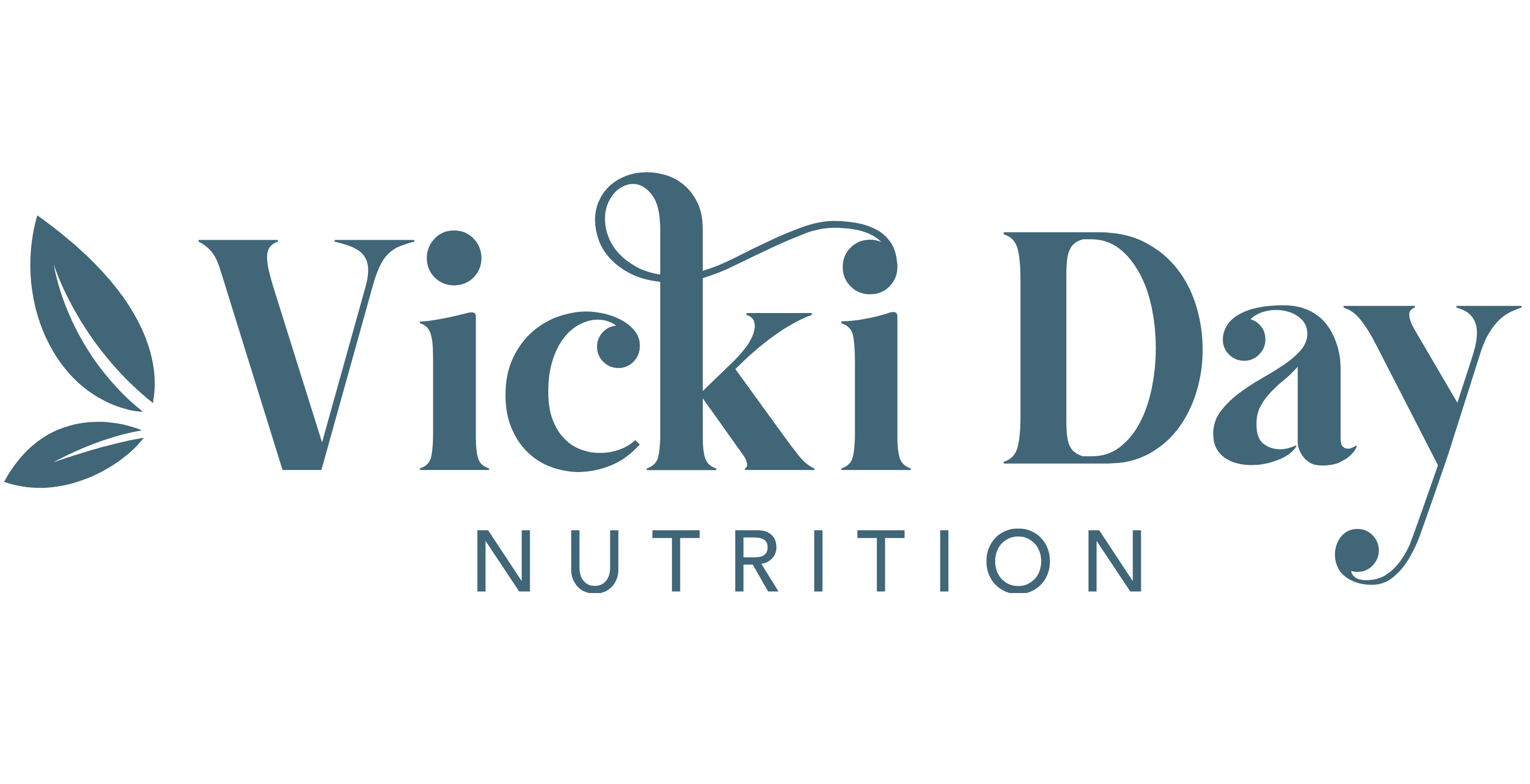Let there be light! How sunlight shapes your health and wellbeing - Part 1
- Vicki Day

- Sep 2, 2025
- 3 min read
Updated: Sep 9, 2025
We often think of light purely in visual terms, but its role in our health runs far deeper. Light is a powerful environmental cue that regulates everything - from our sleep and energy, to our mood and immune function. As humans we have evolved with our bodies responding (biochemically) to light at different times of day. Understanding how light affects your body can help support your wellbeing, especially in the modern world where we spend more time indoors and under artificial lighting.

Light and your body clock
Your body cells runs on a 24-hour internal clock known as the circadian rhythm. This rhythm is controlled by an small area of the brain (the suprachiasmatic nucleus - SCN), which takes its cues from light exposure (particularly the blue light present in natural daylight) and helps synchronise your body’s internal clock with the external environment.
Early morning light helps synchronise this internal clock, telling your body it’s time to wake up, move, and produce hormones and neurotransmitters, like cortisol, serotonin and dopamine, helping us feel awake and alert. When you don’t get enough natural light, in the darker months or by prolonged periods indoors, your rhythm can become disrupted, leading to sleep issues, low energy, and mood disturbances. (Changing our patterns in the darker months can help off-set this).
Morning light helps you sleep!
Exposure to natural light early in the day enhances serotonin production, the “feel-good” chemical supporting mood, focus, and emotional stability. As light wanes in the evening , serotonin is converted to melatonin, your sleep hormone. However, excessive evening blue light from screens or LEDs makes your body think it’s still daytime and can suppress melatonin production, making you feel “tired but wired.”
Sleep itself is beneficial for health, reducing inflammation, supporting blood sugar balance and mood, so understanding how light can influence production of your hormones and neurotransmitters to help you drift off at night is a simple, inexpensive way to support health.
Dopamine is also released in the brain in response to light rays being absorbed by the retina of the eyes. Vitamin D production from sunlight (see Part 2 of this blog) enhances dopamine production. The more we are out in light and nature, the more receptors we get for dopamine and the greater the effect it has on our brain.
Headlines:
In a world dominated by screens and artificial light, it's more important than ever to reconnect with natural light.
Morning sun exposure, outdoor time, and screen-free evenings can significantly improve sleep, mood, and energy. As a nutritional therapist, I believe that light - just like food - is a fundamental input that supports overall health. So if you want to optimise your energy, sleep, and mood - getting out in the light is a good way to start.
————————————————————————————————————
Top tips:
Aim for 15-30 minutes of outdoor light exposure within 1 hour of waking, ideally without sunglasses (which will block the signals) but taking care to avoid looking directly at the sun. This could be a walk, through an open window, or simply standing quietly outside with your morning drink and letting light fall on your face. These gentle steps help align your circadian system year-round.
Morning light and micro-breaks in the day (15-20 mins outside) can really support health by increasing serotonin and dopamine production, making you feel calmer, happier and even improving your sleep at night.
As blue light is emitted from screens limiting screen use in the evening and/or wearing blue-light blocking glasses can also help with sleep.
————————————————————————————————————
If you're curious about how you can use light to benefit your health




Comments